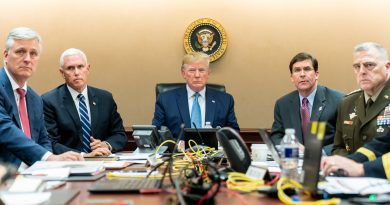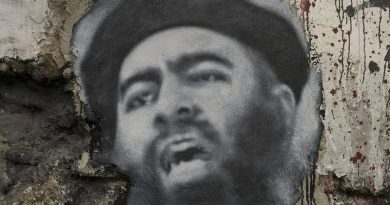Xenophobia Flares Up in South Africa
Darren Mattos
Staff Writer
Xenophobia is destroying the name of South Africa and ruining the livelihood of its citizens. The country struggled for decades with institutional racism during apartheid but conquered it in the 1990s. Recent events reveal, however, that xenophobia has again taken hold in the country. President Cyril Ramaphosa has called for an end to violence against foreigners, yet evidence points to little being done by the government.
In as early as 2008, similar attacks led to over 60 people being killed and resulted in over 10,000 being displaced, according to UNHCR. In 2015, gangs began hunting foreigners, killing 7 and spreading panic. This month’s attacks have brought up memories of these past attacks. Immigrant-owned stores were targeted, and foreigners branded as ‘suspicious’ were targeted. Peoples’ houses were not even safe.
Nigerian immigrants are being targeted the most, says The New York Times. In response, the Nigerian government airlifted some of its citizens out of South Africa, with the first plane carrying almost 200 people. The resulting friction is creating a rift between the two countries. Political tensions have heightened from the attacks and the lack of responsibility on the part of the South African government.
The South African government seems to be more concerned with politically sound than ensuring the safety of those residing in the country. The government’s efforts have been limited to increasing police patrols after the violence occurs, which does not take a proactive approach to protecting immigrants, according to Foreign Policy.
Due to the lack of response by South African authorities the Nigerian government has sent a second plane to repatriate an additional 300 citizens. They have claimed that their stores have been attacked, homes destroyed, and cars burnt.
Those attacking the immigrants claim that they are taking their jobs and impeding economic growth. Their grievances are not due to immigrants but are rather due to the poor execution of progressive regulations. Around 50 percent of South Africans live under the poverty line and use immigrants as a scapegoat.
The previous president, Jacob Zuma, came to power in 2009 and left the government in ruins. Zuma was involved in multiple scandals including racketeering, fraud, and money-laundering, and some allege that the corruption lingers in President Cyril Ramaphosa’s government. With money being drained from the private industry and private citizens, the unemployment rate skyrocketed to 27.3 percent in 2017. Fixing the country’s economic woes would mean reducing the entry cost to the market and making the market more business friendly.
As Africa’s second largest economy with a thriving democracy, South Africa has the potential to fix its major problems. World Finance says that its citizens are hoping and praying that President Ramaphosa will fix the corruption, poorly enacted laws, racism, and the inherent inequality that plagues the country. Still, the recent violence highlights how far the country has to go in its journey to make life better for its citizens.


